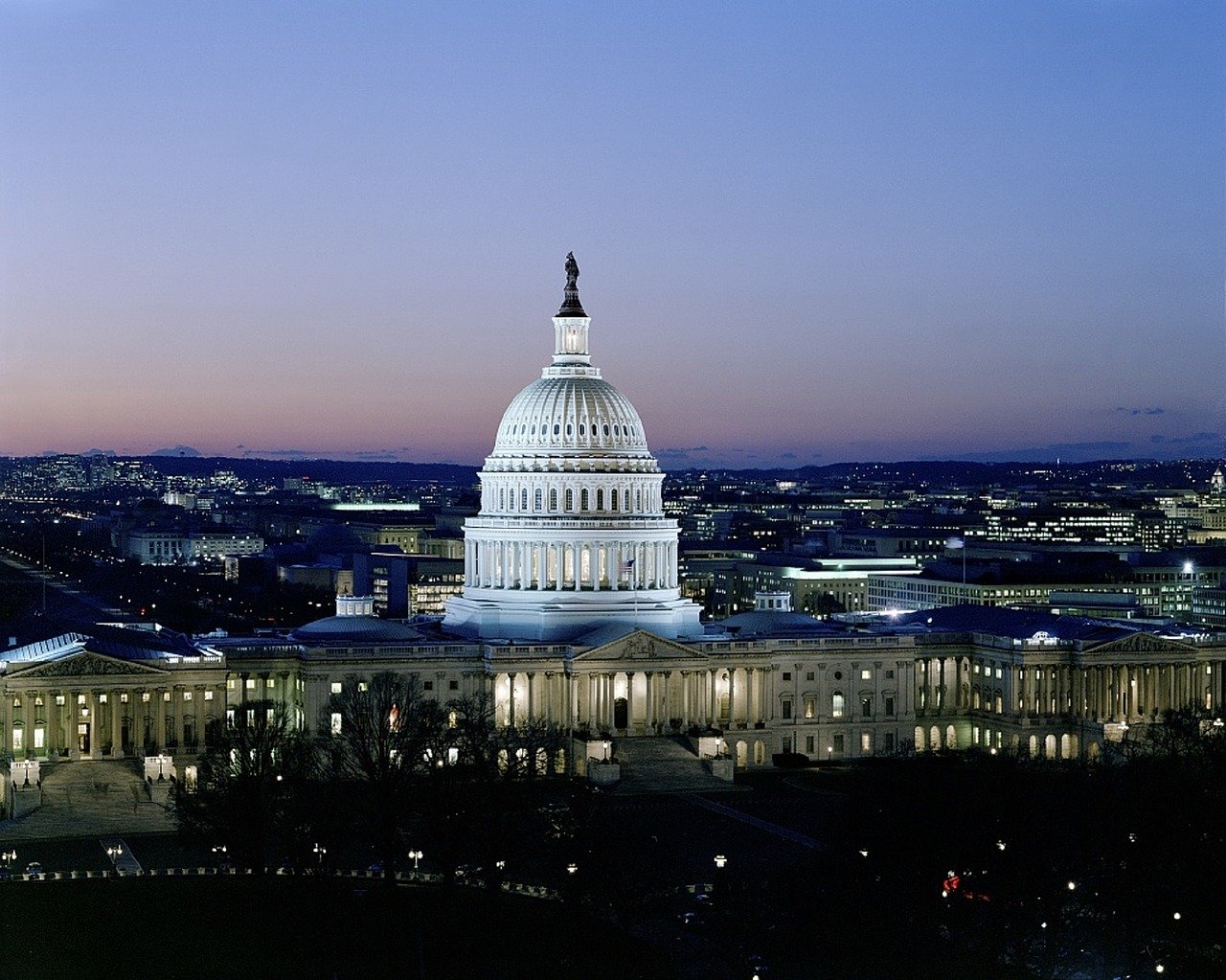To get election coverage right, media must be patient
Americans need to know that the outcome of the election may not be known for days or even weeks.
October 2, 2020 | Marcus Brauchli | Boston Globe
It was just after 2 a.m. on Nov. 8, 2000, three hours after California’s polls had closed, and the presses were on stand-by at The Wall Street Journal’s 17 printing plants, waiting for my newsroom colleagues and me to make a decision.
Would we call the election for Vice President Al Gore or Governor George W. Bush of Texas? We had suites of stories ready for each outcome, and editors tweaking sentences as we dithered. But the vote tallies weren’t accommodating us. We finally opted out and reported the election was too close to call.
That hadn’t kept other news media from trying. Early on, the television networks had projected the victor would be Gore; then they called it for Bush. The front pages of ever-later editions of the Chicago Sun-Times told a story of emerging confusion: “Bush and Gore Fight to Finish,” “Bush,” and, finally, “Recount.”
That recount — chaotic, highly politicized, and so lawyered-up it was ultimately certified only after a bitterly divided Supreme Court ruling — gave Bush an Electoral College victory despite his Democratic rival’s half-million popular-vote lead. It also revealed deep flaws in journalism’s hyper-competitive coverage, which sometimes puts getting the news first ahead of getting it right.
This election year, the chaos, politicization, and legal posturing has already revved up. With the additional complexity of voting during the coronavirus pandemic, the likelihood of an election-night result is lower than it has been in at least two decades. …


